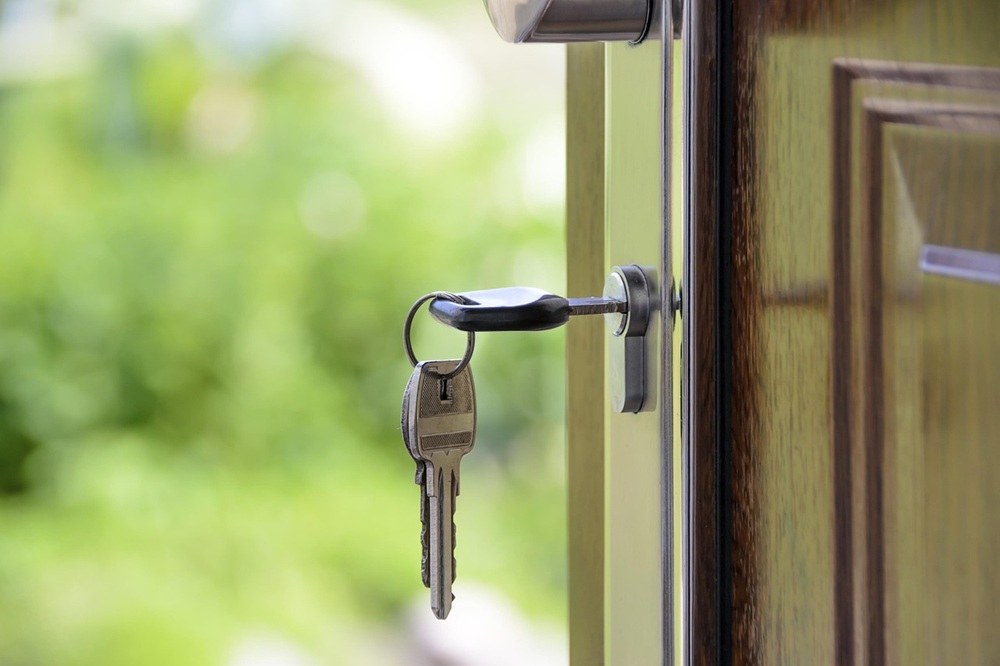Christchurch used to be the underdog, the rebuild project, the city people said had “potential” but needed to prove itself. Fast forward to 2025, and that narrative’s long gone. Christchurch isn’t emerging. It’s delivering. And while Auckland continues to wobble between high prices and cautious buyers, Christchurch has quietly become one of the most attractive (and accessible) property markets in the country.
But is it still a safe bet for South Island investors? Is the momentum sustainable? And does it still make sense to choose Christchurch over a cooling Auckland market?
Let’s look at what’s actually happening on the ground and what that means for those looking to invest with strategy rather than sentiment.
What Christchurch Has That Auckland Doesn’t (Right Now)
It’s not about city rivalries. It’s about outcomes. And when you look at Christchurch through the lens of what investors actually want (affordability, stable returns, lower entry points) it makes a compelling case.
The average property in Christchurch is still significantly more affordable than in Auckland. According to CoreLogic’s latest report, Christchurch’s median sits at $769,984 compared to Auckland’s at $1,040,000. That means lower deposits, less risk exposure, and more flexibility with financing, particularly for first-time investors or those expanding portfolios without over-leveraging.
And it’s not just about price. It’s about what you’re getting for your money. New developments in standout suburbs offer modern, tenant-ready homes with good amenities, transport links, and lifestyle appeal, all without the price tag you’d find in ‘up and coming’ Auckland areas.
What sets Christchurch apart isn’t just affordability, but predictability. While Auckland's market carries more price volatility and higher holding costs, Christchurch offers investors a more balanced equation: consistent demand, fewer market shocks, and lower overheads. You’re not gambling on capital spikes. You’re building yield into the deal from the start.
Market Conditions in 2025: Still Stable, Still Sensible
While parts of the country have seen some big changes (we’re looking at you, Auckland), Christchurch has stuck to a refreshingly boring script. Whether that’s a good thing depends entirely on your investment style.
Christchurch recorded the smallest drop in median property values of any main centre, just 4.7% since the 2021–22 peak, compared to the national average of 16.3%. It’s not booming, but it hasn’t busted either. Prices have held firm, sales volumes are rising slowly, and the market overall is ticking along at a deliberate pace.
For investors who want to buy low and wait for a sharp rebound, Auckland might hold more appeal right now, especially if you’re chasing capital gains and can stomach a bit of volatility. But for those who prefer lower holding costs, and a market that behaves itself, Christchurch continues to offer something rare: reliability.
There’s no hype here. Just steady rental demand, manageable mortgage servicing, and properties that still make sense on paper without needing to double in value overnight. It’s not the market that makes you rich in 12 months. It’s the one that quietly works for you over 10 years.
What About the Rest of the South Island?
If you're scanning the South Island for investment options, Christchurch isn't the only name on the map, but it is the one that tends to tick the most boxes consistently. That said, let's not ignore the neighbours.
- Dunedin offers some of the South Island’s most affordable housing, and for yield-chasers, it can be tempting. But it's a student-heavy market, and vacancy risk can spike outside academic calendars. It also lacks the scale of Christchurch, meaning fewer tenants, fewer buyers, and slower capital growth.
- Nelson and Tasman appeal to lifestyle buyers (think retirees and remote workers), but limited stock and higher price points can make them trickier for investors trying to build yield. The growth has been solid, but you're paying a premium to get in, and tenant demand isn’t always consistent.
- Invercargill and Southland? Cheap to buy, yes. But the trade-off is economic depth. You might get a great deal on paper, but long-term returns rely on holding through slower growth, fewer infrastructure projects, and a smaller rental pool.
So yes, there are other South Island options worth investigating, provided you know exactly what you're playing for. But if you want a mix of affordability, scale, consistent tenant demand, and ongoing urban development, Christchurch still makes the most balanced case.
The Verdict: Still the South Island’s Smartest Play?
Christchurch might not be the flashiest property market, but that’s exactly what makes it work. Steady prices, strong fundamentals, and sensible yields give investors something rare in 2025: predictability. Whether you're building a portfolio or making your first move beyond Auckland, Christchurch offers the kind of consistency that turns property into a proper long-term asset.
Of course, getting the best out of any investment depends on what happens after the purchase. That’s where our local team in Christchurch comes in. If you’re weighing up your next move, want eyes on the ground, or need a hand managing the property you already own, we’re here to help you make smart decisions and get them working.










